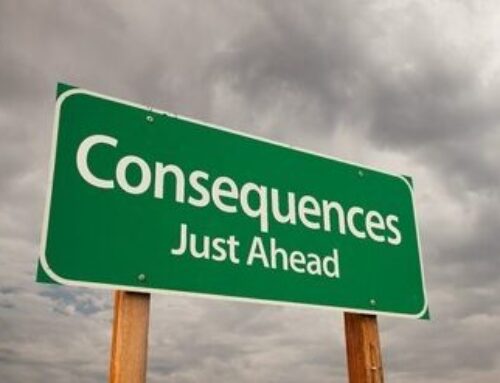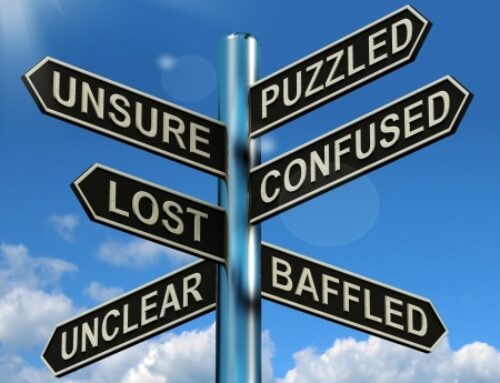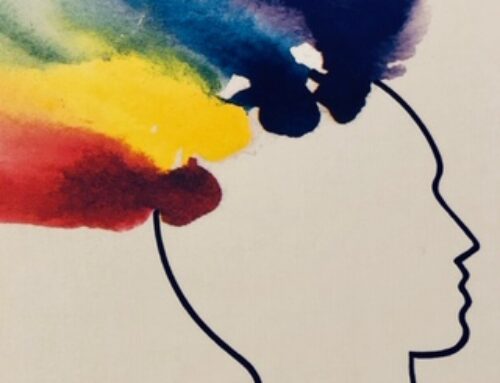 Why do many teachers have the attitude that learning is such serious business that any hint of humor undermines it? I discovered a partial answer some years ago in a restaurant outside Wellesley, Massachusetts. It may have been an old library—it certainly looked like one, with bookcases lining the walls and dividing the aisles.
Why do many teachers have the attitude that learning is such serious business that any hint of humor undermines it? I discovered a partial answer some years ago in a restaurant outside Wellesley, Massachusetts. It may have been an old library—it certainly looked like one, with bookcases lining the walls and dividing the aisles.
While waiting for my meal, I reached over and pulled an old book off the shelf. It was a collection of essays published in 1865 and I opened it at random. The essay that greeted me attacked humor in education, with the author explaining in detail how wit corrupts understanding and undermines learning. Apparently that author’s notion was quite common because it has been standard in many classrooms ever since.
Sadly, that notion could not be more wrong. In “Humor in the Classroom,” Debra Korobkin demonstrated that humor can increase retention of material, improve teacher-student rapport, and stimulate motivation to learn. It can also promote class discussion and decrease student anxiety about learning. [
But why does humor have such a salutary effect on learning? Before answering, let’s look at some simple examples of humor.
My only regret in life is that . . . I am not someone else. Woody Allen
If you can’t say anything good about someone . . . sit right here by me. Alice Longworth Roosevelt
This is not a novel to be tossed aside lightly . . . it should be thrown with great force. Dorothy Parker
I’ve had a perfectly wonderful evening. But I’m afraid this wasn’t it. Groucho Marx
Thank you for sending me a copy of your book; I’ll waste no time reading it. Moses Hadas
In each of these cases the writer leads us to expect one ending and then delivers a very different one. We laugh largely because we realize we were tricked. In the following cases the writers employ a different strategy:
My problem with math was that I was never able to convince the teachers that many of my answers were meant ironically. Calvin Trillin
Wagner’s music is better than it sounds. Mark Twain
Laziness is nothing more than the habit of resting before you get tired. Jules Renard
A jury consists of twelve persons chosen to decide who has the better lawyer. Robert Frost
We laugh at these statements because they seem at first glance to make sense. Only after a second or so do we realize that they are actually absurd. The humor is subtler here because it lies in the substance of the remarks rather than in their structure.
All these examples display a central feature of all humor, playfulness with ideas. So what has that to do with teaching and learning? Researchers have found that such playfulness is also a central characteristic of creativity in all fields, including science. Albert Einstein went so far as to claim that “combinatory play seems to be the essential feature of productive thought.”
If Einstein’s claim seems overstated, consider these facts. Playfulness with ideas sharpens our alertness to incongruity and such alertness is vital in identifying and solving problems, as well as in detecting and correcting errors in reasoning. Playfulness also enables us to imagine unusual combinations of ideas and/or things, a skill central to invention—for examples, a wheel plus a chair became a wheelchair and water plus a bed became a waterbed.
In short, the same playfulness that characterizes humor helps us develop what Paul Smith described as “the ability to relate previously unrelated things.”
That development should be a paramount goal of education. I am not suggesting, of course, that joke telling be a major feature of any course, only that playfulness with ideas be part of the classroom atmosphere. More specifically, that students be encouraged to ask probing questions about their textbook and classroom lessons, remaining open to fresh perspectives and different interpretations and being alert to irony and paradox. More importantly, that they regard education not as memorizing statements from others but as a search for truth and a realization that particular truths are often more complex and more broadly relevant than is commonly perceived.
The reason that classrooms tend to be dull is not just that are too grim but that many teachers have been taught to be wary of the playfulness that characterizes both humor and genuine learning. They expect students to accept what they read in textbooks and are told in class as settled truth not open to modification. Thus, they regard probing questions (as well as any questions to which they do not know the answers) as obstructive of classroom learning or disrespectful of their authority. And they consider students who ask such questions troublemakers.
As if that were not enough, teachers who realize the value of a playful approach to ideas and cultivate that approach in their students run the risk of trouble from administrators. Classrooms in which ideas are discussed with enthusiasm and passion tend to be noisier than others. And there is no lack of administrators who regard noise—and even worse, laughter—as signs that the teacher lacks the competency to “control” the class.
Banishing humor from the classroom has made learning less meaningful for hundreds of millions of students. The time to correct this mistake is long overdue.
Copyright © 2014 by Vincent Ryan Ruggiero. All rights reserved



